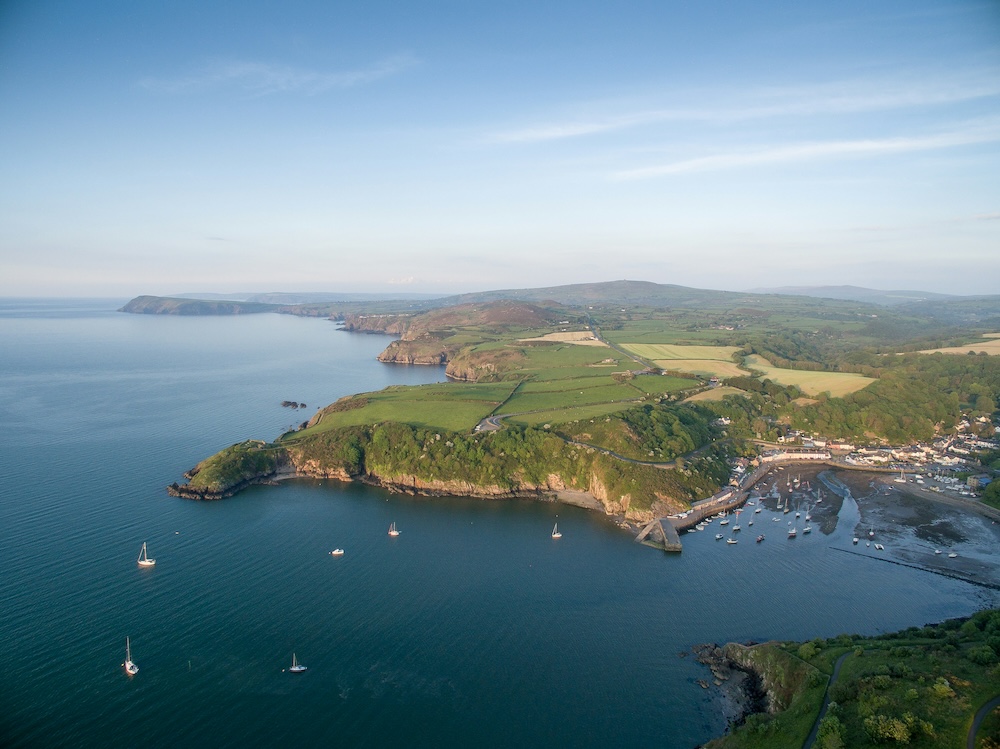Rhys David tells of the Welsh Division who played a role in world war one in the Near East.
The World War One exploits of the 38th (Welsh) Division in France – and especially their heroism in the battle at Mametz Wood are well-known and deservedly commemorated. But there was another Welsh Division which served with distinction in this conflict, a Territorial unit, the 53rd. They played a prominent part in the campaigns in the Near East, in Gallipoli, in Egypt, in Sinai, and in Palestine, where, after taking Jerusalem in December 1917, they helped to bring about the defeat of the Turks in October 1918 and the collapse of the Ottoman Empire. Indeed, talk to just a few people in Wales and you are still sure to hear of a grandfather, great-uncle or other relative who served in this theatre.
The coming year is certain to see these events recalled again, marking as it does the 100th anniversary of the ill-fated attempt by the Royal Navy to force the Dardanelles Straits in the Eastern Mediterranean, and the subsequent combined naval and military operations at Gallipoli. This action which had the strong support of Lloyd George and Winston Churchill, though not of the entire military and political establishment of the time, ended after desperately bad storms at the end of November 1914, which swamped the men in their trenches, drowning some of them. The project was abandoned and a by now seriously depleted 53rd was sent to Egypt where they spent the next several months recuperating, regrouping and refitting before being put on garrison duties on the Suez Canal. After the failure of the Gallipoli expedition it had become even more important to guard Britain’s lifeline to India, Australia and New Zealand, which was being threatened from the east by German-led Turkish forces and from the west by Senussi tribesmen from the Western Desert.
Though the conditions in Egypt – if not in Gallipoli – were very different from those being encountered in France, the men of the 53rd had hardships of their own to encounter, including a heatwave which took temperatures above even Egypt’s usual hot weather, endless desert sands, flies attracted by the huge amount of waste generated by men and horses, and a severe lack of food and water. After Gallipoli there were several hundred thousand men in Egypt and getting supplies to them proved extremely difficult, forcing the men to live on bread and marmalade some of the time.
One such soldier was Welsh-speaking, Cardiff-born Sapper Dewi David who enlisted in the Royal Engineers on his 17th birthday – March 1st 1915 – and who was then shipped to Gallipoli, not returning until March 1919 after many adventures in the Near East. His letters home – 120,000 words in total – have lain unread since then but have now been transcribed and I have tried to bring them to life a newly-published account of the 53rd (Welsh) Division’s actions in the Near East, Tell Mum Not to Worry: A Welsh Soldier’s World War One in the Near East.
Not untypically of the time, Dewi and his family seem to have been swept away by the enthusiasm for the war generated by Lloyd George through his appeals to his fellow-countrymen not to stand by while small nations such as Belgium and Serbia were threatened by Imperial Germany and Austria-Hungary. He spent his time serving alongside other young men who had worked with him in the Post Office in Cardiff, with other Welshmen serving in the Royal Welch Fusiliers and the Welch Regiment, and with other divisions from Ireland, East Anglia and London. Remarkably, on the one occasion he was hospitalised in Palestine he was looked after by Dr. Henry Samuel, his family doctor from Newport Road, close to where he lived, He, too, had joined up.
The defence of the Canal along its length lasted for most of 1916 before the British under a new commander, Sir Edmund Allenby, embarked on a policy of offensive defence. Sinai was seized in a series of engagements and after two defeats the heavily-defended town of Gaza was taken in a third battle. This opened the way for a long march through Palestine, pushing the Turks back all the way, and the capture 98 years ago this month of Jerusalem – a Christmas present as Lloyd George described it, for a British public now increasingly growing weary with the stalemate in France and the heavy loss of life.
We learn much from the letters about the frustrations and hardships of a long period of service in a strange land and not just the dangers, the extreme weather, and the lack of food, female company and home comforts. There are frequent engagements and difficult marches through the Judaean hills under Turkish fire, and a feeling that, unlike the men in France, their efforts were unappreciated at home. The world-weary attitude of the British Tommy after a long period on active service comes through strongly. The officers were responsible in the eyes of the men for instituting pointless exercises, such as cleaning buttons on Christmas Day – and with sand and water not Brasso. They are criticised for ordering the men down from the hills for a break after a long period in the line only to immediately send them back again, (for wider strategic reasons the men did not understand at the time), and mocked for their attempts to impose punishments for offences such as not shaving properly. The locals are a source of gentle amusement, except when they are being accused of constantly wanting to rip off soldiers dependent on traders for many basic necessities.
Service brought many lighter moments, however, and great esprit de corps. The highlight of a week’s leave in Cairo seems to have been not the visits to the zoo or the bazaars but a proper shave in a French barber’s, sat next to a major on the staff at the British Army’s huge headquarters in the city. There were concerts, too, given by the Welsh Rarebits, servicemen brought together under the baton of Wally Bishop, aka The Great Waldini, a Cardiff-born musician, who later made a living performing with his band in Roath Park during the Depression. There was plenty of sport, too, including swimming races in the Canal (in which the officers bet on their teams) and football and rugby.
We also learn much about life back home for lower middle class families in Cardiff’s expanding suburbs. This was an age when at home the range of consumer products available to the public had greatly expanded, popular entertainment was available through gramophone records and the new cinema, and holidays had started to became a normal part of ordinary life – along the south Wales coast in Rhoose, Rhosili, and, pre-eminently, Porthcawl. As the war dragged on, however, many of these pre-war pursuits had had to be abandoned. Rationing meant shortages of butter and other commodities, provoking disorder in many places, including Cardiff and Newport, and misuse of petrol for non-essential purposes could lead to arrest, among the victims being the actress Ellen Terry’s brother, himself an actor, hauled before the beak after being seen getting out of car near Cardiff station. He should have taken the train, he was told, and handed a £5 fine. (His chauffeur was fined, too.) The public was also being called upon increasingly to fund the war, several of the new-fangled tanks touring Britain in search of war bond sales from spectators and visiting Cardiff (outside the City Hall and the Docks) and Swansea.
The letters are a fascinating account of war as experienced by a soldier from Wales and by his and similar families, perhaps previously unknown to many.






Great article! Any personal friends looking for a Christmas present who happen to be reading this could do a lot worse than putting a copy of Rhys’ book in Santa’s sack here, hint, hint.